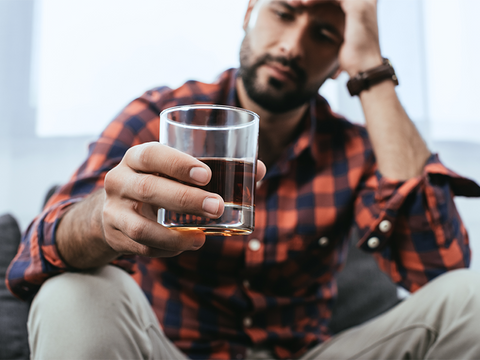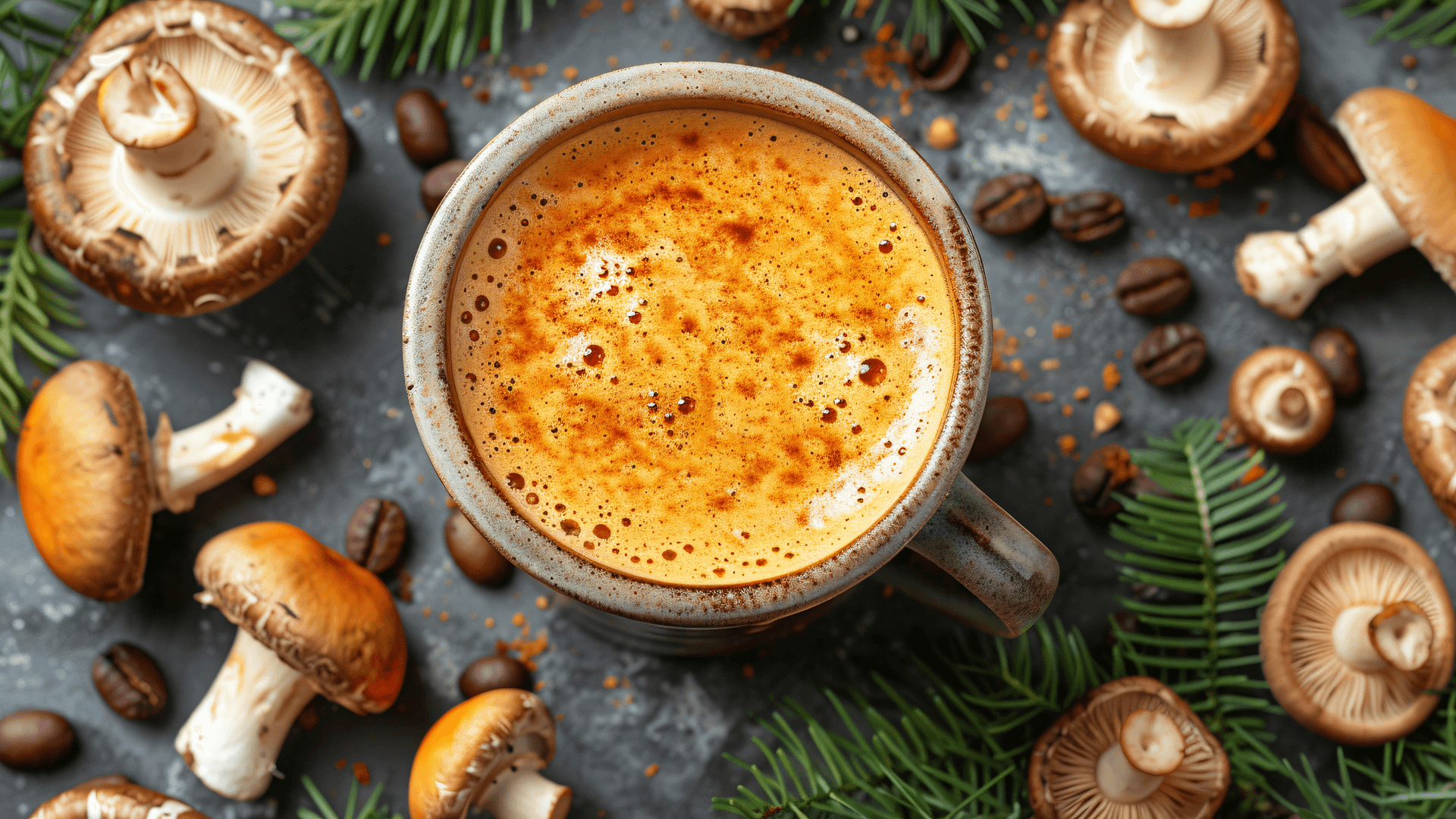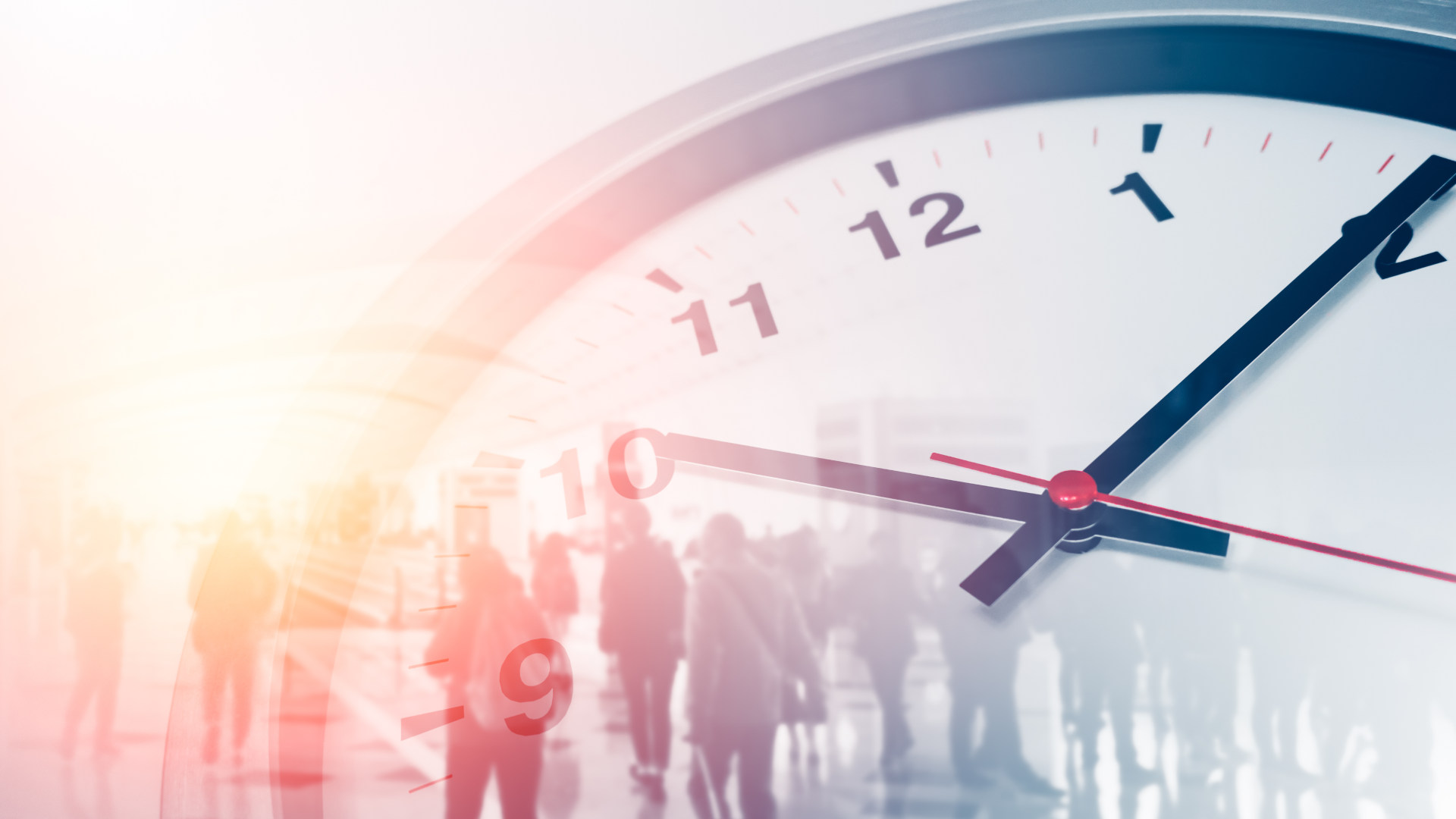Alcohol has been a part of human culture for centuries. It's a popular social lubricant that helps people relax and unwind after a long day. However, there has been a long-standing debate about the effects of alcohol on testosterone levels.
Some studies suggest that alcohol can lower testosterone levels, while others claim that the relationship between the two is inconclusive.
With so much conflicting information out there, it can be difficult to know what to believe.
In this article, we'll take a closer look at the research on alcohol and testosterone, explore the potential mechanisms behind the relationship, and discuss what all of this means for your health and well-being.
So, whether you're a fitness enthusiast, a weekend warrior, or just someone who enjoys a good drink, read on to learn more about the fascinating relationship between alcohol and testosterone.
Alcohol’s effect on testosterone
So, does alcohol lower testosterone?
Alcohol can indeed affect your testosterone levels and cause them to drop. The reason for this is that alcohol interferes with the glands that are needed to produce testosterone in men.
These three glands are the hypothalamus, the anterior pituitary gland, and your testes. When you consume alcohol, the function of these glands is affected, making it harder for your body to produce testosterone correctly.
It’s also been discovered that there are both long-term and short-term effects that alcohol can have on your testosterone levels. This means you will suffer some impairment regardless of whether you drink heavily regularly or once in a blue moon.
Long-term effects of alcohol on testosterone
If you've been drinking heavily for a sustained period, the adverse long-term effects can devastate your testosterone levels. This is because it's thought that chronic alcohol drinking can damage the Leydig cells in your testes, which are vital in producing testosterone.
This damage can interfere with the release of essential chemicals, which lower your testosterone and harm your sperm count - as you'll have poor testicular function.
So, what constitutes heavy drinking?
Well, as a rough guide, fifteen drinks a week is considered excessive for men, so if you match this amount or have more, you will be regarded as a chronic drinker and be at risk of this testicular damage.

This effect on the testes isn't as common for those who drink a bit less or infrequently, but some changes still happen to you shortly after drinking.
Short-term effects of alcohol on testosterone
When you drink a small amount of alcohol, you will still affect your testosterone levels in some way. The reason for this is that your pituitary glands and hypothalamus are disturbed by the consumption of alcohol.
In addition, your testosterone can drop in as little as 30 minutes after you've consumed alcohol, demonstrating just how impactful drinking can be.
What's disturbing is that there doesn't seem to be much difference between low alcohol consumption and high alcohol consumption.
For example, a study found that a group of men who drank a glass of whiskey a day - considered a moderate amount - had a similar level of low testosterone to a group of chronic alcoholics after 30 days of observation.
This stat shows that even small amounts of infrequent drinking can badly affect your testosterone levels, meaning that to get the most out of your exercises, you should avoid alcohol as much as possible.
The Impact of Alcohol on Testosterone Replacement Therapy
Increased Risk of Low Testosterone
Alcohol consumption, particularly in individuals with a history of misuse, can significantly contribute to lower levels of testosterone. This inherent risk is compounded for those already undergoing testosterone replacement therapy (TRT), as heavy drinking may reduce the therapy's effectiveness.
Reduced Treatment Effectiveness
Continued alcohol intake during TRT isn't just a neutral activity—it can actively work against the goals of the treatment. Heavy drinking may impair the body's ability to respond properly to the therapy, potentially negating its benefits.
Recommendations for Alcohol Consumption
Healthcare professionals often advise patients on TRT to either limit or completely abstain from alcohol. This strategy helps ensure that the therapy delivers the desired results without unnecessary hindrance.
Liver Health and Testosterone
There's a strong correlation between liver health and testosterone levels. More than 90% of individuals with advanced liver conditions also suffer from low testosterone. Consuming alcohol can exacerbate liver damage, leading to more pronounced health issues and even lower testosterone production.
In summary, minimizing or avoiding alcohol can significantly enhance the outcomes of testosterone replacement therapy and promote overall health.
How low testosterone affects you
Now that it's clear that a high and consistent alcohol intake can reduce your testosterone levels, you may be wondering what a low level of this essential hormone can do to your body.
Your testosterone levels regulate your health, so low levels can negatively impact your well-being.
For example, if drinking too much alcohol has drastically reduced your testosterone, you may begin to suffer from low libido and even erectile dysfunction.
In addition to that, an alcohol-induced low level of testosterone can cause infertility. This problem occurs because you'll have a much lower sperm count, making it considerably more difficult to conceive a child with your partner.
Plus, because testosterone is vital in building muscle mass, low levels may cause you to struggle to build muscle. Low testosterone levels may cause you to drop weight and lose any muscle mass you already have.
This example shows just how devastating a high amount of alcohol intake can be to your testosterone, and that's ignoring some of the other well-documented effects of excessive alcohol intake.
How else does alcohol affect the body?
Alcohol doesn't just harm your testosterone levels; it harms other areas of your body and health too. In fact, this impact grows over time if you decide to keep drinking year in and year out.
Some of the most common issues that alcohol consumption can cause include:
High blood pressure.Liver diseaseKidney issuesMental problems, such as poor memory and symptoms of dementia.Mental illnesses, such as depression and anxiety,Weakening of your immune system.Digestive problems
As well as these common long-term side effects of drinking alcohol, it's also worth pointing out that many individual alcoholic drinks also have unique issues.
For example, beer and ale are highly calorific - with a couple of pints sometimes equivalent to a full meal.

Unfortunately, this means that people who drink regularly will likely start to pack on the pounds and get fatter, which isn't ideal if you're trying to build an impressive physique.
Moreover, wines (particularly red wine) can be far more damaging to your heart than other types and contain high cholesterol.
Of course, if you are dead on drinking regardless, you should opt for the healthiest option- a clear spirit like gin. These still have a considerable number of calories for their size, so try to keep it moderate.
Also, avoid sneaking extra sugar and calories into your drink via mixers. Instead, stick to zero-calorie and zero-sugar alternatives where possible.
Can you reverse low testosterone induced by alcohol?
If you want to recover your testosterone levels, there is hope, as you can normalize your levels by reducing or eliminating your alcohol intake.
The issue here is that how long it takes will depend on how much you used to drink and how much damage you've done to your body.
Studies have suggested that you can repair the damage done to your testes by not drinking for around ten weeks. After that time, your testosterone levels should return to a reasonable level, as you can produce more again.
If you're looking for another way to boost your testosterone back to normal after excessive drinking, you can also use supplements like Testoprime, a legal testosterone booster that contains ingredients that helps your body produce more testosterone.
This safe option can help you regain your previous levels and even exceed the amount you used to, helping you build muscle and recover quicker.
When to Consult a Doctor About Alcohol and Testosterone
If you're worried that your drinking habits are impacting your testosterone levels or overall reproductive health, it's important to seek medical advice. Look out for these signs:
-
Noticeable Changes in Libido: A significant drop in your sex drive could be a sign that alcohol is affecting your hormone levels.
-
Physical Symptoms: Experiencing unusual fatigue, muscle weakness, or a decrease in muscle mass can indicate hormonal imbalance.
-
Emotional Fluctuations: Mood swings and depression might not only be psychological issues but also linked to altered testosterone levels due to alcohol consumption.
-
Long-term Drinking Habits: If you have a history of heavy or prolonged alcohol use, it's wise to consult a healthcare professional.
Engaging with a doctor will help determine the best treatment options for addressing both low testosterone levels and any alcohol dependency issues. A healthcare provider can offer personalized advice and recommend steps unique to your situation, ensuring the best path to recovery and health.
Ditch the drink
No matter how much you drink - be it low amounts infrequently or massive amounts every evening - alcohol will lower your testosterone.
As a result, you will find it harder to build muscle mass, suffer from a weak libido and dent your overall health.
That's why for those who are conscious about their appearance and want to achieve greatness in the gym, it's best to ditch the alcohol altogether if you can. By doing this, you will enjoy healthier testosterone levels and may find it easier to reach your full potential.
That said, we understand that it can be hard to remove alcohol from your life entirely. For many, it's the bedrock of their social life, and banning it can alienate you from friends and other social circles who may not share the same fitness goals that you do. If this is the case, the next best thing is to plan around it and keep it under moderation so that your hormones don't take such a big hit.
By eating right, doing the most optimal exercises, and using some of the testosterone-boosting supplements here at Testoprime, you should be able to ride the storm and limit the adverse effects that alcohol has on your hormones.





